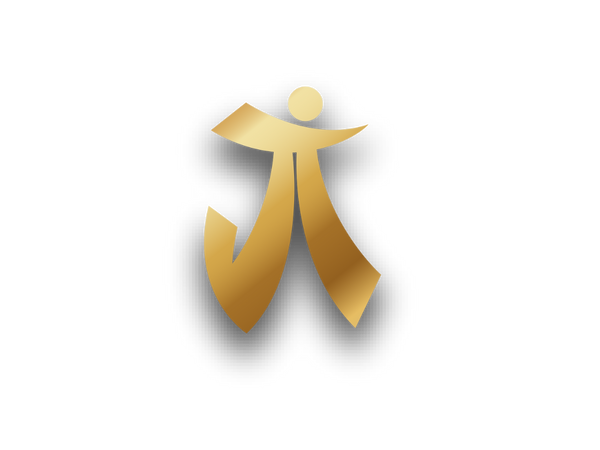
Training hard is essential for improvement, but there’s a fine line between pushing limits and pushing too far. Many martial artists fall into the overtraining trap—thinking that more hours, more reps, and more intensity always lead to better results. In reality, overtraining can slow progress, weaken performance, and even increase the risk of injury. Here’s how to recognize the signs, avoid burnout, and train smarter.
Signs You’re Overtraining

- Constant Fatigue – Feeling tired is normal after a tough session, but if exhaustion lingers even after rest, it’s a red flag.
- Decreased Performance – If your speed, power, or endurance are dropping instead of improving, your body might be overworked.
- Lingering Aches and Pains – Small injuries that don’t heal or constant joint pain could mean you’re not giving your body enough recovery time.
- Irritability and Lack of Focus – Overtraining doesn’t just affect the body—it wears down the mind. Feeling frustrated, unmotivated, or easily distracted in training is a warning sign.
- Frequent Illness – A weakened immune system is a common result of overtraining, making you more prone to colds and infections.
How to Train Smarter (Not Just Harder)

1. Balance Intensity and Recovery
You don’t have to go full speed every session. Mix high-intensity workouts with lower-intensity technical drills, mobility work, and active recovery days.
Alternative: Strength training with resistance bands helps build power without overloading the joints, making it easier to stay strong while reducing strain on the body.
2. Prioritize Quality Over Quantity
More rounds don’t always mean better training. Focus on executing techniques with precision rather than mindlessly pushing through exhaustion.
Drill Idea: Shadowbox with controlled resistance to build endurance while maintaining sharp technique. This helps you refine movement patterns without wearing yourself down.
3. Listen to Your Body
Pushing through discomfort is part of martial arts, but ignoring pain and fatigue leads to setbacks. If something feels off, adjust your training instead of forcing through it.
Tip: Recovery tools like mobility work and band-assisted stretching can help keep your body in peak condition while reducing stiffness and soreness.
4. Make Sleep and Nutrition Non-Negotiable
Recovery isn’t just about rest days. If you’re not sleeping enough or fueling your body properly, you’re not recovering properly.
Simple Fix: Prioritize protein, hydration, and good sleep habits. Your muscles grow and repair when you rest, not when you train.
Train Hard, But Train Smart
.The best fighters train with purpose, knowing when to push and when to recover. Strength and conditioning should enhance your performance, not break your body down.
If you want to train harder without overloading your joints, resistance-based training can be a game-changer. It provides strength, endurance, and mobility benefits while reducing wear and tear on your body.

